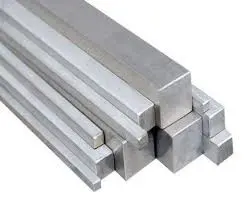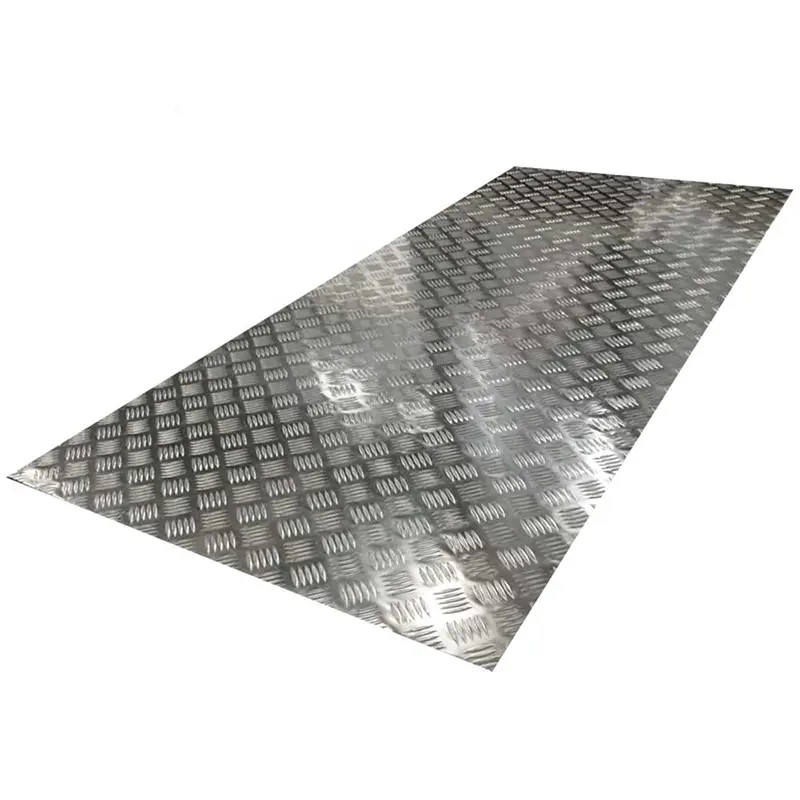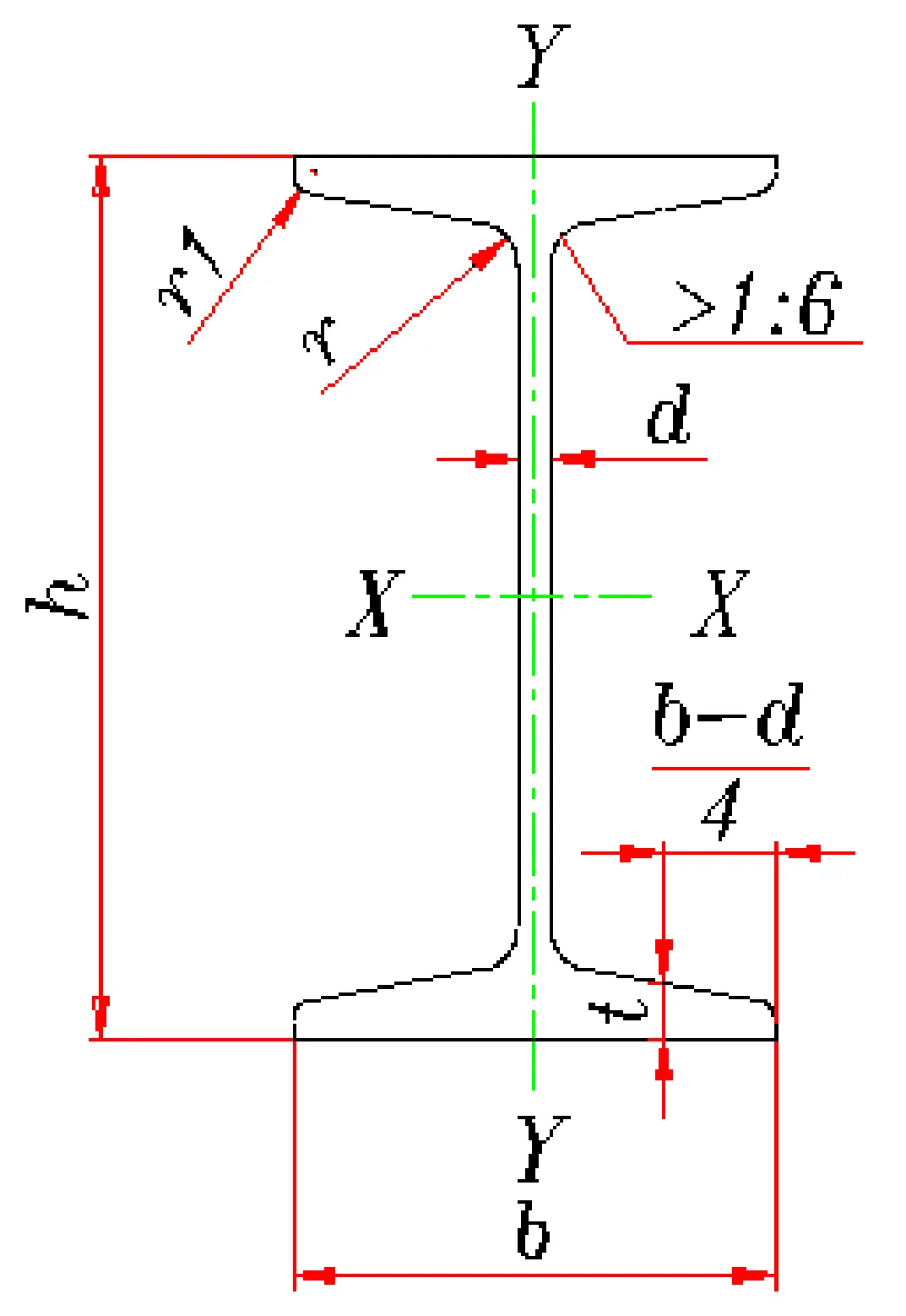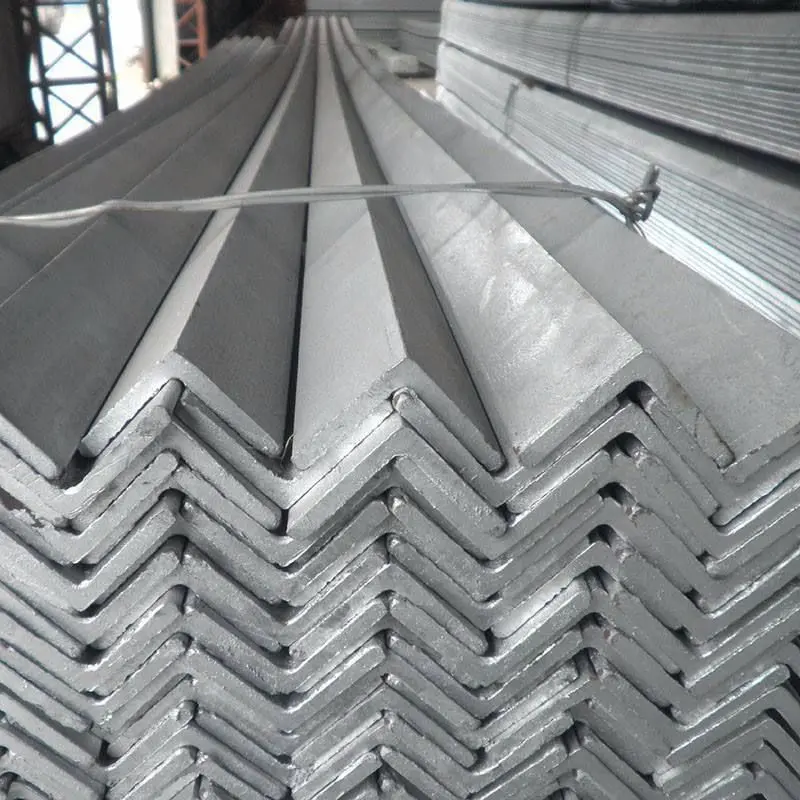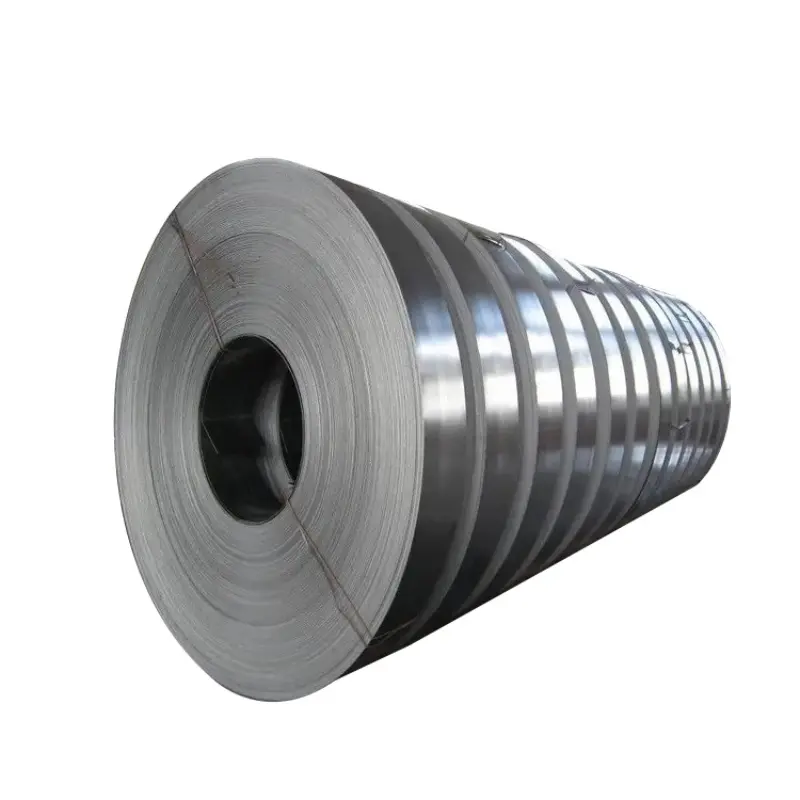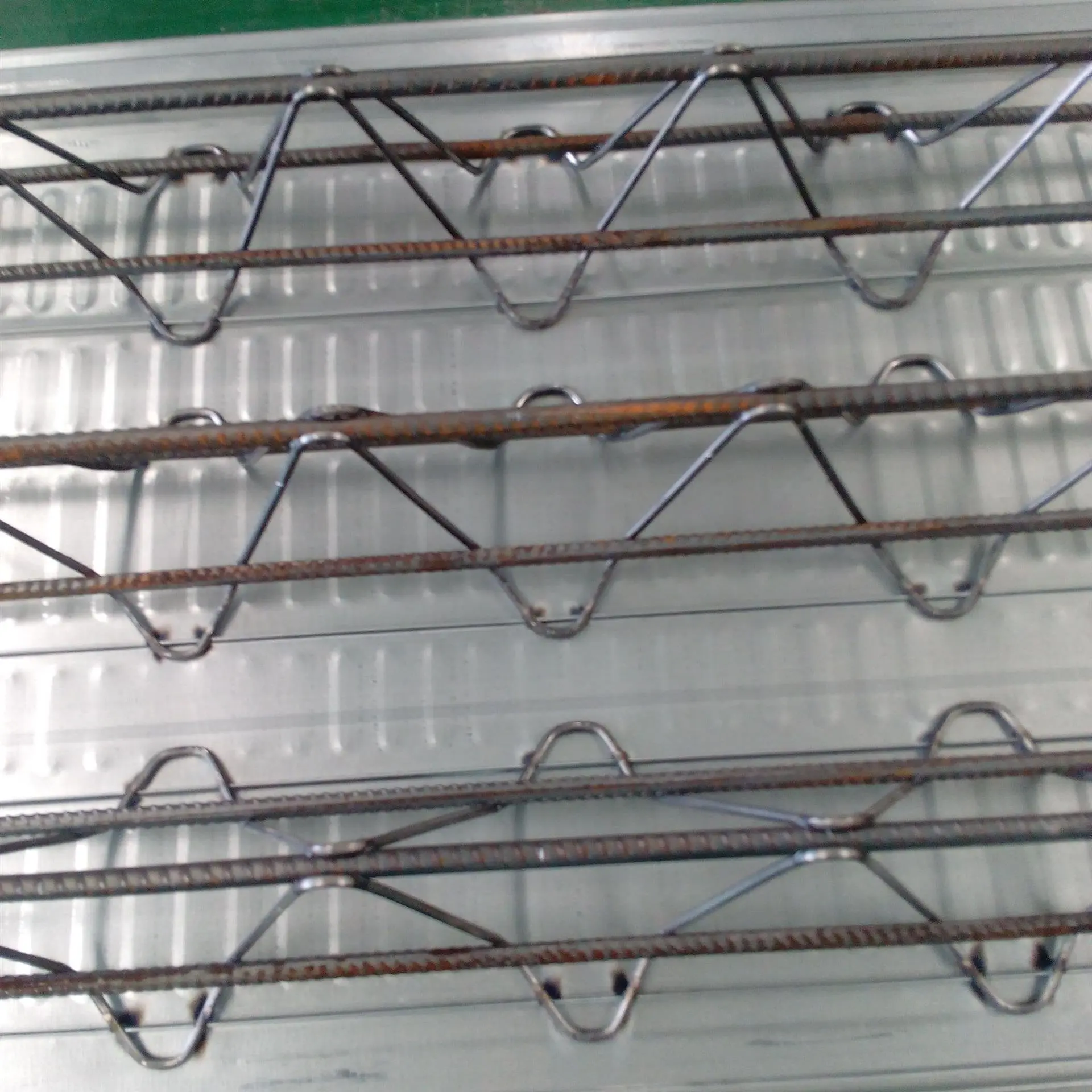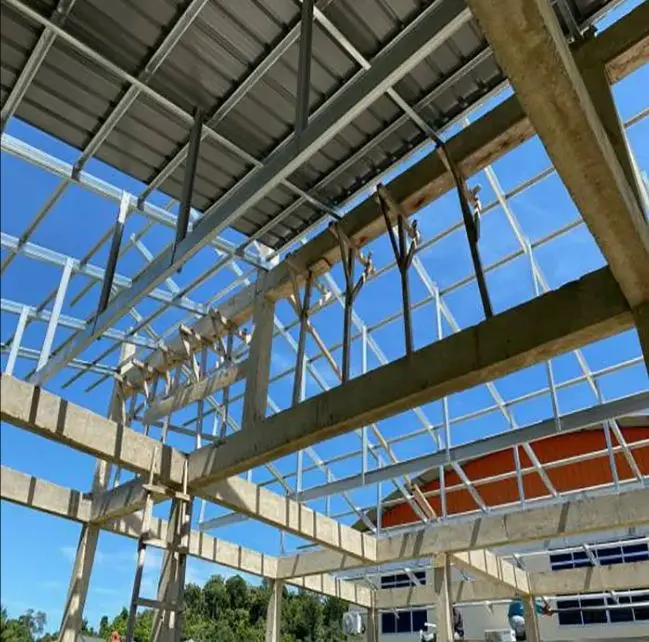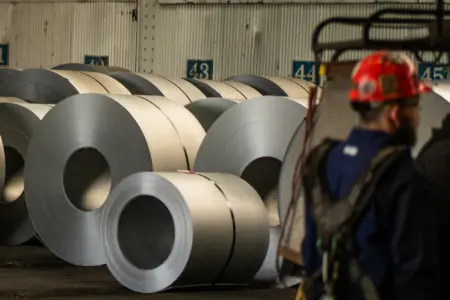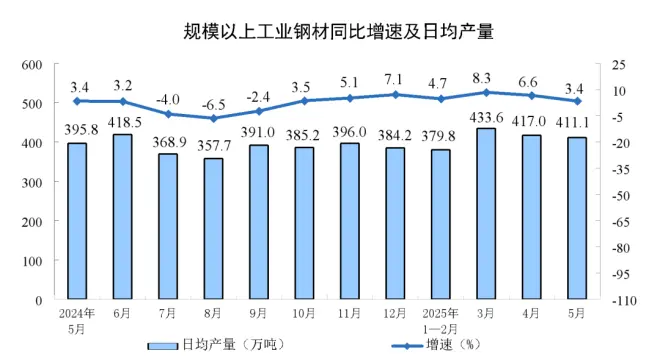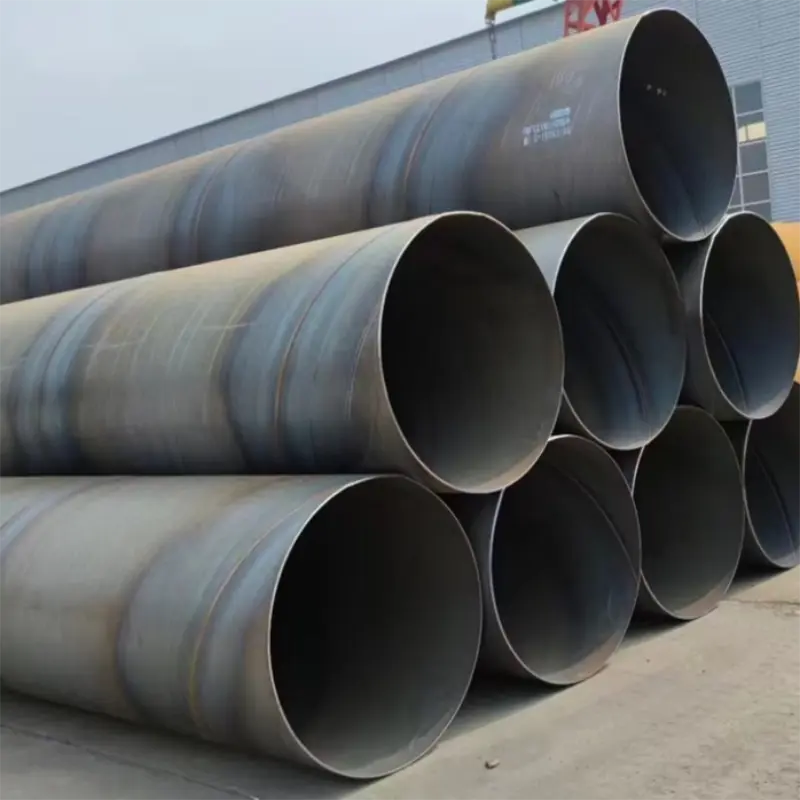Spiral Steel Pipe: A Robust Solution for Large-Scale Infrastructure and Energy Projects
Spiral steel pipes, renowned for their high strength, durability, and cost-effectiveness, are widely used in oil and gas transportation, water supply systems, and structural applications. Manufactured through a unique helical welding process, these pipes offer superior performance in demanding environments.
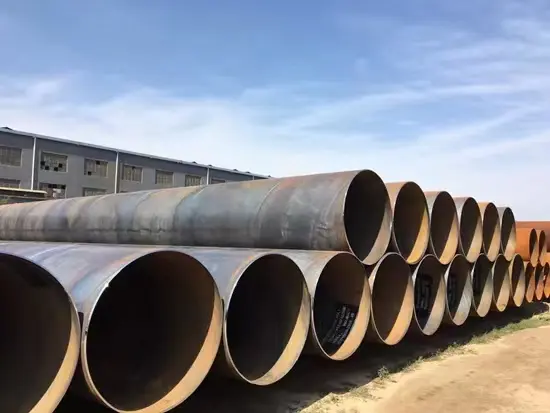
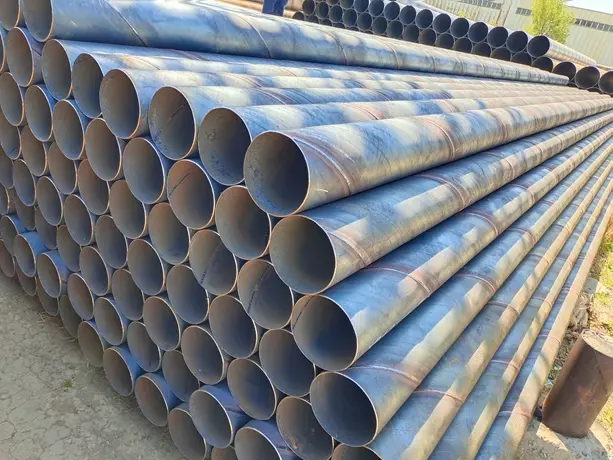
Key Specifications & Models
Spiral steel pipes are available in a broad range of sizes and pressure ratings to meet industrial needs:
-
Diameter: Ranging from Φ219mm to Φ3000mm (custom sizes available).
-
Wall Thickness: Typically 5mm to 25mm, adjustable based on project requirements.
-
Length: Standard 6m to 12m, with extended lengths for specialized pipelines.
-
Pressure Class: Supports low-pressure (0.6MPa) to high-pressure (10MPa+) applications.
Common standards include API 5L, ASTM A252, GB/T 9711, and SY/T 5037.
Materials & Steel Grades
Spiral pipes are fabricated from various steel grades to ensure corrosion resistance and structural integrity:
-
Carbon Steel (Q235A/B, Q345A/B) – General-purpose pipes for water, gas, and structural use.
-
High-Strength Low-Alloy Steel (X42-X80, L245-L485) – Ideal for oil, gas, and high-pressure pipelines.
-
Stainless Steel (304, 316, 316L) – Used in chemical, marine, and food-grade applications.
-
Weather-Resistant Steel (Q355NH, Q460NH) – Suitable for bridges and exposed infrastructure.
Primary Applications
Spiral steel pipes are indispensable in:
Oil & Gas Industry: Long-distance crude oil, natural gas, and refined product pipelines.
Water Infrastructure: Municipal water supply, drainage, and irrigation systems.
Construction: Piling, bridge supports, and underground tunneling.
Energy Sector: Hydropower penstocks, thermal power plant cooling systems.
Industrial Use: Structural columns, conveyor systems, and storage tanks.
Advantages Over Other Pipe Types
High Load-Bearing Capacity: Spiral-welded design enhances strength and flexibility.
Cost-Effective Production: Lower manufacturing costs compared to seamless pipes.
Large Diameter Options: Ideal for high-capacity fluid transport.
Adaptability: Suitable for harsh terrains, including seismic zones and underwater installations.
Market Trends & Innovations
With growing investments in energy transition and urban infrastructure, spiral pipe demand is rising. Key developments include:
-
Anti-corrosion coatings (3PE, FBE) for extended service life.
-
Automated welding technology for precision and efficiency.
-
Lightweight, high-strength alloys to reduce installation costs.
Conclusion
Spiral steel pipes continue to be a versatile and reliable choice for global infrastructure projects. As technology evolves, their role in sustainable energy and smart cities will expand further.
Email:manager@fsdsteel.com
Phone/Whatsapp:+86-18831507725






